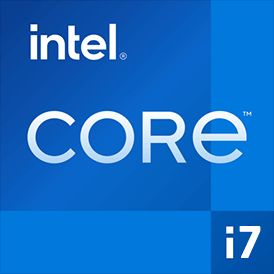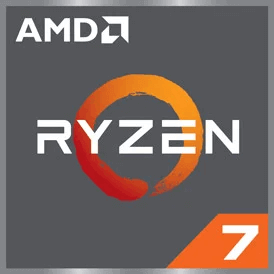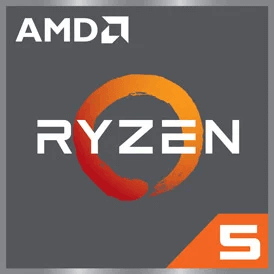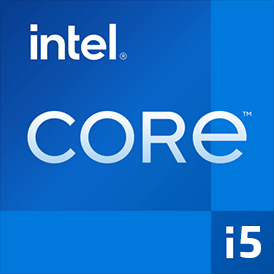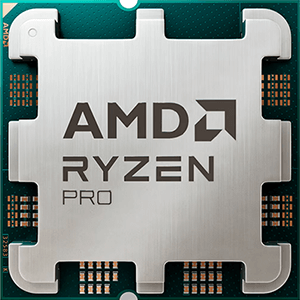Intel Core i7 10750H vs AMD Ryzen 7 PRO 2700U
We compared two laptop CPUs: Intel Core i7 10750H with 6 cores 2.6GHz and AMD Ryzen 7 PRO 2700U with 4 cores 2.2GHz . You will find out which processor performs better in benchmark tests, key specifications, power consumption and more.
Main Differences
Intel Core i7 10750H 's Advantages
Released 1 years and 3 months late
Integrated graphics card
Higher specification of memory (2933 vs 2400)
Higher base frequency (2.6GHz vs 2.2GHz)
Larger L3 cache size (12MB vs 4MB)
AMD Ryzen 7 PRO 2700U 's Advantages
Newer PCIe version (3 vs 3.0)
Lower TDP (15W vs 45W)
Score
Benchmark
Geekbench 6 Single Core
Intel Core i7 10750H
+14%
1015
AMD Ryzen 7 PRO 2700U
884
Geekbench 6 Multi Core
Intel Core i7 10750H
+48%
3758
AMD Ryzen 7 PRO 2700U
2525
Blender
Intel Core i7 10750H
+96%
110
AMD Ryzen 7 PRO 2700U
56
General Parameters
Apr 2020
Release Date
Jan 2019
Intel
Manufacturer
AMD
Laptop
Type
Laptop
x86-64
Instruction Set
-
Comet Lake-H
Core Architecture
Raven Ridge
i7-10750H
Processor Number
-
BGA-1440
Socket
AMD Socket FP5
UHD Graphics 630
Integrated Graphics
Radeon RX Vega 10
-
Generation
Ryzen 7 (Zen (Raven Ridge))
Package
-
Transistor Count
4.95 billions
14 nm
Manufacturing Process
14 nm
45 W
Power Consumption
15 W
100 °C
Peak Operating Temperature
-
-
Foundry
GlobalFoundries
-
Die Size
210 mm²
CPU Performance
6
Performance Cores
-
12
Performance Core Threads
-
2.6 GHz
Performance Core Base Frequency
2.2 GHz
5 GHz
Performance Core Turbo Frequency
3.8 GHz
6
Total Core Count
4
12
Total Thread Count
8
100 MHz
Bus Frequency
100 MHz
26x
Multiplier
22.0
64 K per core
L1 Cache
96 KB per core
256 K per core
L2 Cache
512 KB per core
12 MB shared
L3 Cache
4 MB shared
No
Unlocked Multiplier
No
-
SMP
1
Memory Parameters
DDR4-2933
Memory Types
DDR4-2400
128 GB
Max Memory Size
-
2
Max Memory Channels
2
45.8 GB/s
Max Memory Bandwidth
-
No
ECC Memory Support
No
Graphics Card Parameters
true
Integrated Graphics
-
350 MHz
GPU Base Frequency
-
1150 MHz
GPU Max Dynamic Frequency
-
192
Shader Units
-
24
Texture Units
-
3
Raster Operation Units
-
24
Execution Units
-
15 W
Power Consumption
-
4096x2304 - 60 Hz
Max Resolution
-
0.38 TFLOPS
Graphics Performance
-
